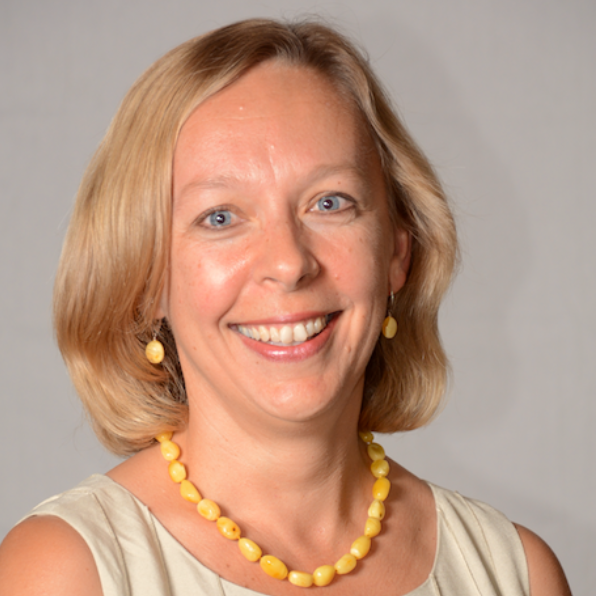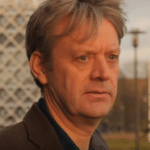Listen to episodes featuring Iveta:
Textbooks in Latvia before and after the Soviet Union
Education & Climate Crisis
by Iveta Silova
Professor and Director of the Center for the Advanced Studies in Global Education at Mary Lou Fulton Teachers College, Arizona State University
Is education a cause of or a solution to the climate crisis? This question has been at the core of my recent collaborative research with Hikaru Komatsu and Jeremy Rappleye. We’ve argued that education, especially the type of education rooted in the Western modernist paradigm, is directly implicated in the climate crisis, deliberately perpetuating the logic of economic growth, technocratic determinism, human exceptionalism, and liberal individualism at the expense of environmental concerns. As we prepare to face the irreversible ecological catastrophe, we need radical alternatives to the dominant education paradigm that continues to perpetuate the status quo.
Several FreshEd podcasts offer an excellent entry point into this urgent conversation. In ‘Less is More,’ Jason Hickel argues that our survival as a species requires a shift toward “not only a fundamentally different kind of economy but also a fundamentally different way of imagining our relationship to the living world.” While urging FreshEd listeners to think beyond the dogmas of capitalism to imagine a new economic system, Hickel’s work challenges us to reimagine education, too. How should education respond to a world of shifting planetary boundaries and collapsing ecosystems? What education policies, practices, and pedagogies can help reconfigure education – and re-situate the human – within the relational flow of life, rebalancing the connection between people and planet?
You can find some answers to these questions in the following podcasts, which approach the discussion of education and the climate crisis from multiple perspectives. In ‘Climate Change and Education Policy,’ Marcia McKenzie offers a great overview of the current state of affairs in the area of climate change and sustainability education, including the promises and pitfalls of global policy action – or inaction – to combat the climate crisis. In ‘Global Cities, Climate Change, and Academic Frontiers,’ Saskia Sassen reminds us of the importance of place-based knowledge in addressing the climate crisis. She argues that even global cities can be reimagined as “a type of socio-ecological system that has an expanding range of articulations with nature’s ecologies.” Finally, Arjen Wals challenges us to look deeper into our own selves. In ‘Climate Change, Education, and Sustainability,’ he argues that we need to nurture a more relational ontology that can help establish deeper connections between people, place, and other species. If you’d like to explore what we, as educators, can do to address the climate crisis in our own professional, academic, and personal lives, you can check out What is the role of education in times of climate crisis? Finally, FreshEd has a series of other excellent podcasts on the related themes of decolonialism, indigenous knowledges, feminist perspectives, and SDGs, which you can explore further. I hope these podcasts will inspire you to join this urgent conversation, too.
January 16, 2021








